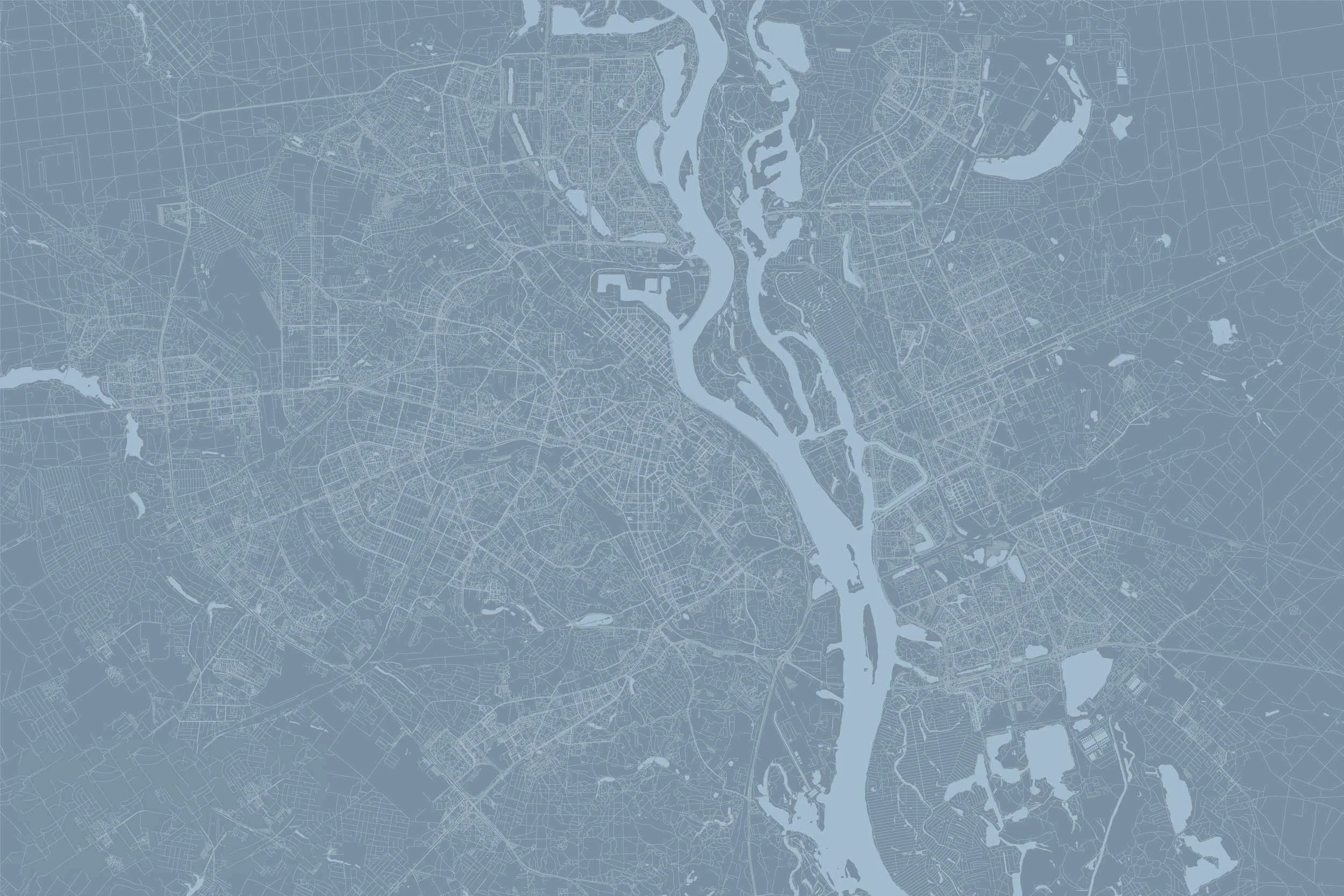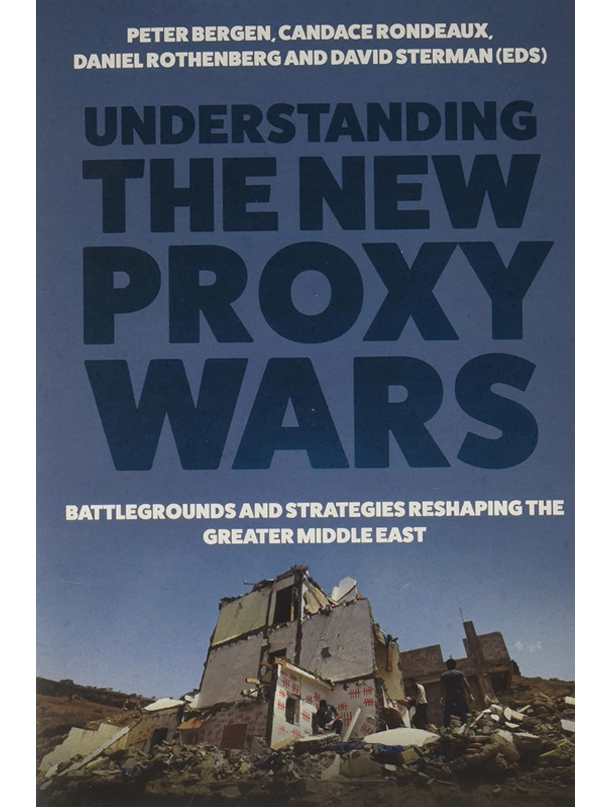
UNDERSTANDING THE NEW PROXY WARS
AUTHORS: PETER BERGEN, CANDACE RONDEAUX, DANIEL ROTHENBERG, DAVID STERMAN
Proxy warfare will shape the conflicts of the twenty-first century for the foreseeable future. Yet the popular understanding of proxy wars remains largely shaped by the experience of the Cold War. In reality, in the Greater Middle East and its periphery today, the growing power of regional states and non-state actors, combined with the proliferation of new technology, has reshaped proxy conflicts, in an increasingly multipolar and interconnected environment.
In this collected volume, a range of researchers examine what constitutes proxy warfare and provide new insight into how these wars are waged, in contexts stretching from Ukraine to North Africa and Syria to Afghanistan. The volume draws upon research, surveys and interviews conducted in Syria, Iraq, Libya and Ukraine, as well as examining the propaganda output of those involved in these countries’ wars. In doing so, Understanding the New Proxy Wars helps reveal both the continuities and the differences between recent conflicts and those of times past.

REVIEWS
‘There is much to recommend this volume… This book’s lasting contribution may be its reminder that breaking things is easier than fixing them. Rare is the proxy that can both take territory and govern it afterward, and policymakers and intelligence officers alike would do well to heed the lesson that few strategic goals will be met through proxy conflicts, despite the allure of the tactical gains they can offer.’
— Studies in Intelligence
‘An original and compelling contribution to the literature on proxy wars. Informed by field research on recent and contemporary developments, this edited volume is an empirically valuable point of reference for scholars of proxy wars, and of regional politics and conflict.’
— Michael A. Innes, author of Streets Without Joy
‘This ambitious book successfully overhauls Western and state-centric assumptions of how proxy wars are fought. By seeking to assess the impact of globalisation on the increasingly complex proxy war zones in the Middle East and Arab world, this volume makes a convincing case for the need to recast our understanding of the role of local actors in the process.’
